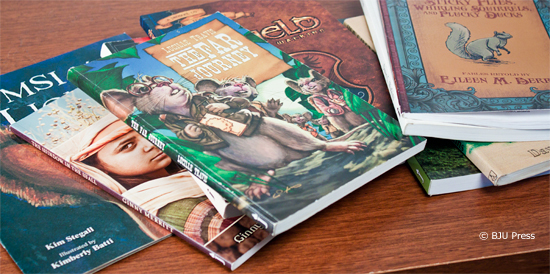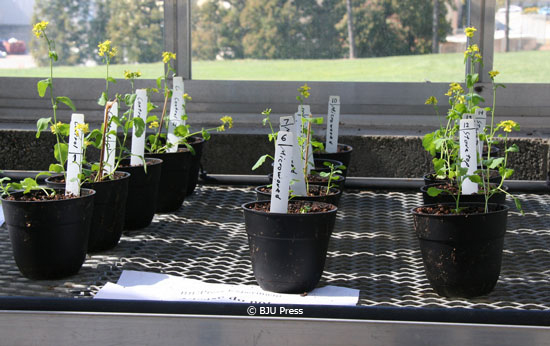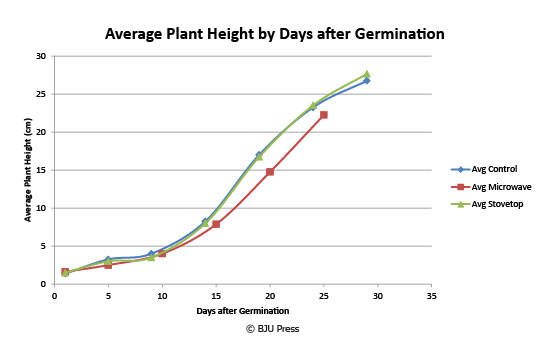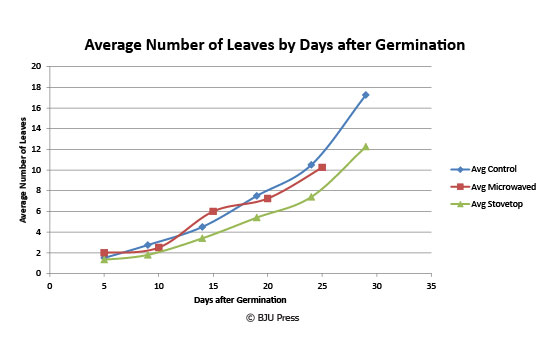What is joy?
In his book Surprised by Joy: The Shape of My Early Life, C. S. Lewis characterizes joy as an unexpected, elevated emotion that comes over you at times when you least expect it. Not a bad description, but there may be even more to it. The dictionary describes joy as “a feeling of great pleasure and happiness.” But then it muddles the issue a bit by speaking of “tears of joy.” So joy is something that makes you so happy that you . . . cry?
Well, yes, that’s sometimes the case. I remember the first time I had that experience. I was five or six years old, and my mom had been in the hospital for more than a week. I was staying at my grandmother’s house, and one afternoon suddenly there was Mom, home from the hospital! My brother and I ran to her and hugged her, and all of a sudden all three of us were crying. A very confusing moment for a young boy! So my brother and I covered our embarrassment in a typically masculine way. Each of us pointed at the other and laughed at him.
Joy—an elevated emotion, a feeling of great pleasure and happiness that can come over you when you least expect it.
What does joy have to do with education?
Let’s skip forward a few years . . . I’m now in college, and the professor in my life science class is giving a lecture on DNA and RNA and how DNA is replicated. I remember sitting there completely lost and very downhearted. I could usually pick things up pretty quickly, but this concept had me very confused.
A big part of my problem was that I hadn’t done the assigned reading for that day. I remember after class taking my big fat college science textbook to the campus library, finding a study carrel way out of the traffic pattern, and burying myself in the chapter on DNA replication. I was totally absorbed in this confusing topic—I was determined to understand how it worked.
As I read the chapter, what happened? It all unfolded before my eyes. I understood how the DNA strand unzipped, what the RNA did, and how the whole process worked. “I get this! I get this!”
Although I couldn’t explain DNA replication to you today, over thirty years later, my point is that what I experienced that afternoon was unquestionably joy! I felt so much joy that I still remember that afternoon today.
No doubt you’ve had similar experiences with your children. Such moments are rare jewels. As you work through the daily challenges of homeschooling, treasure those moments when your child gains knowledge . . . when your child gains wisdom . . . and when you and your child experience a feeling of great pleasure and happiness that comes over you when you least expect it.
“I get this! I get this!” That’s joy!
This post is part of our series highlighting our 2015 theme Gaining Wisdom and Knowledge and Joy. Steve serves as director of content development for BJU Press. He and his wife are the parents of five adult children. They homeschooled for over ten years.






